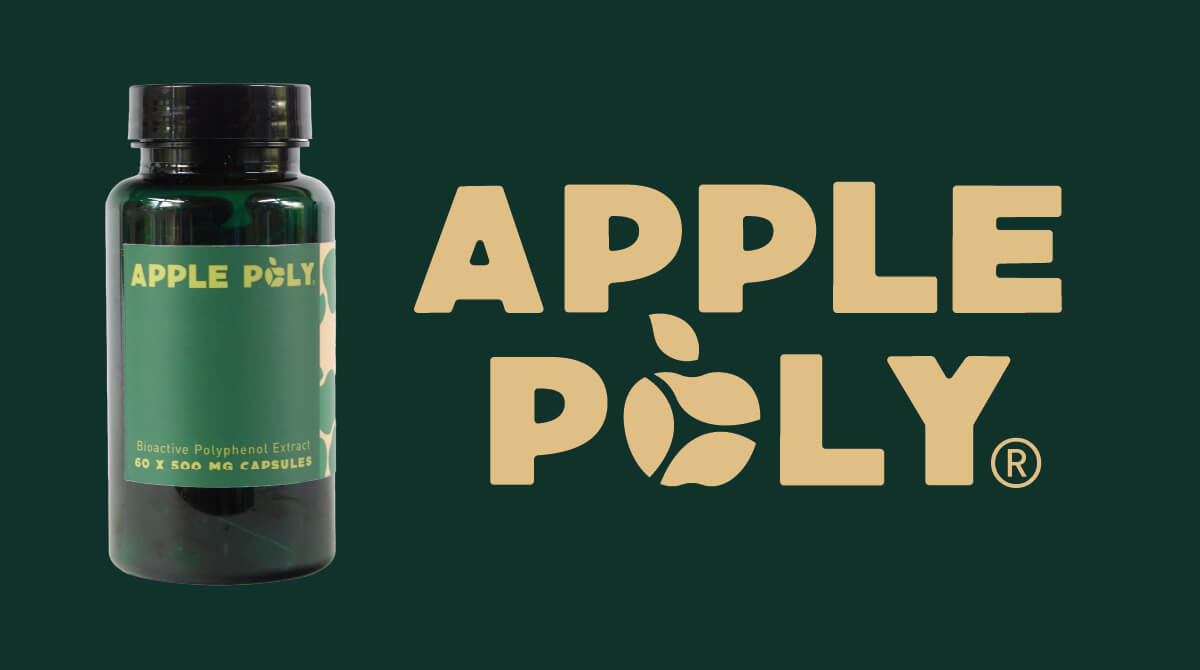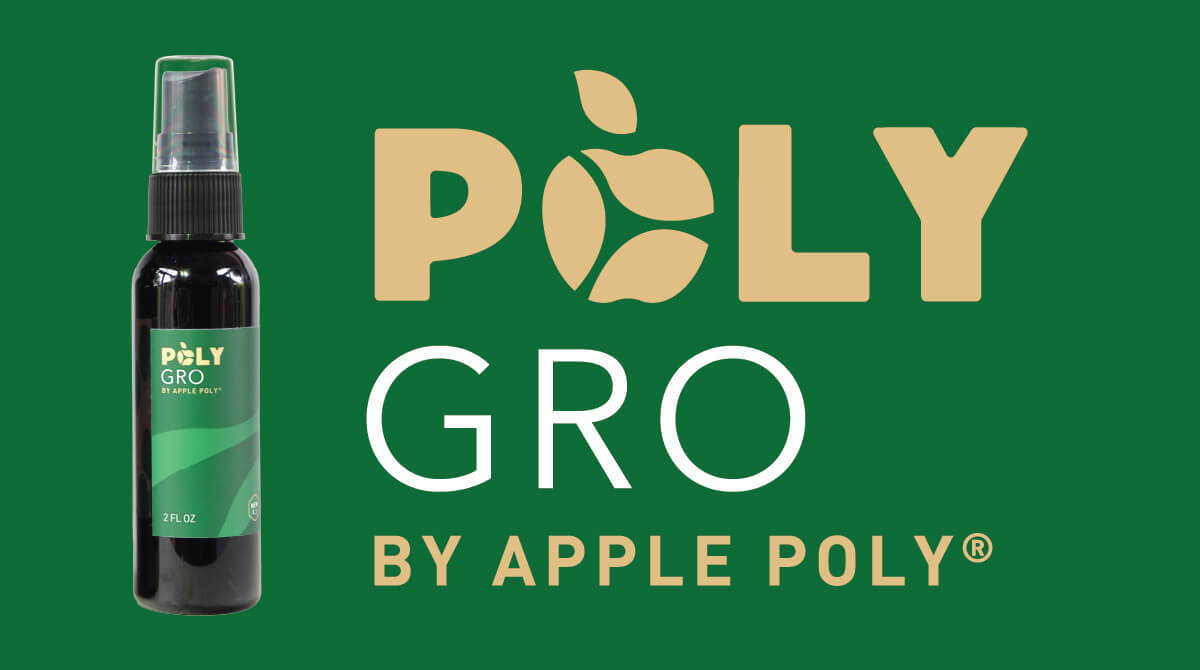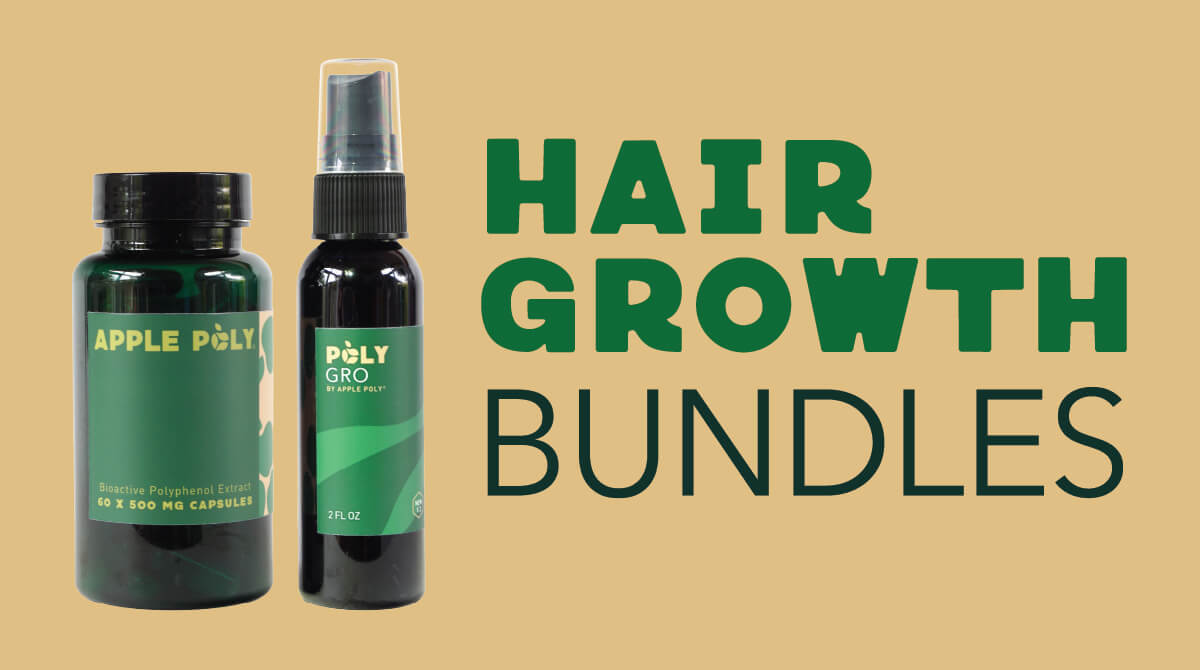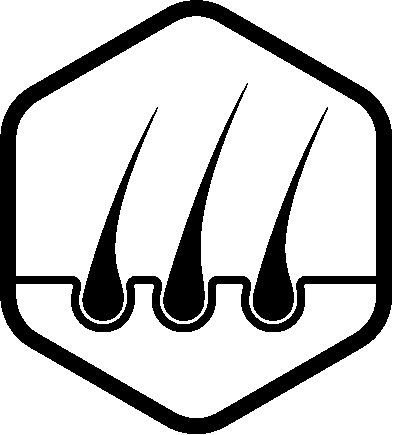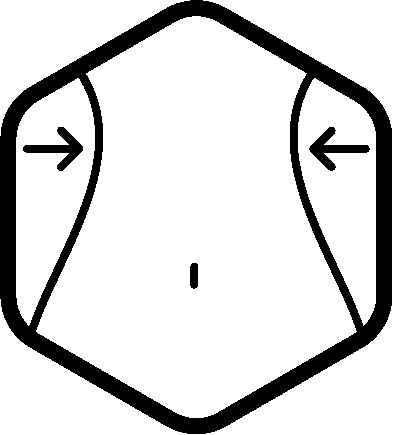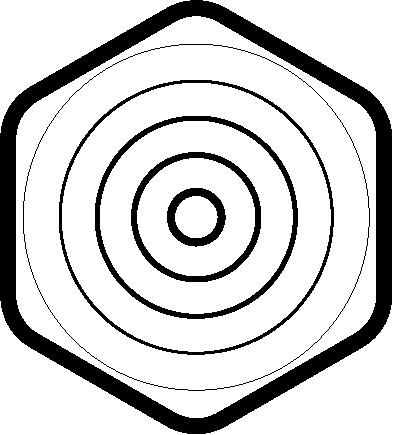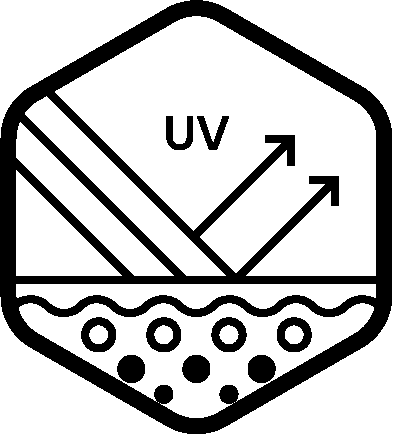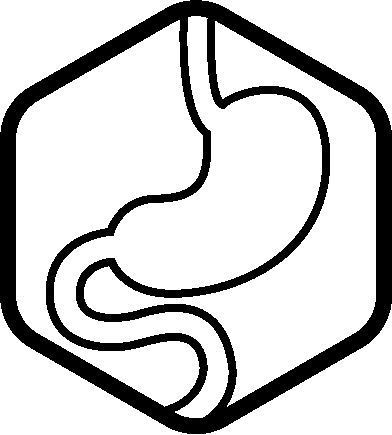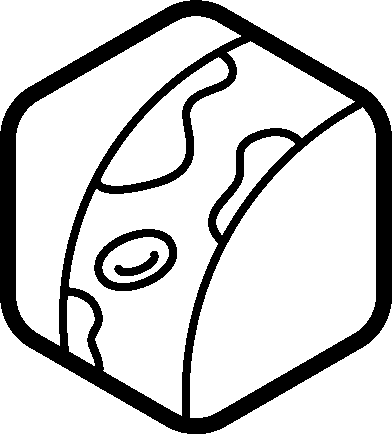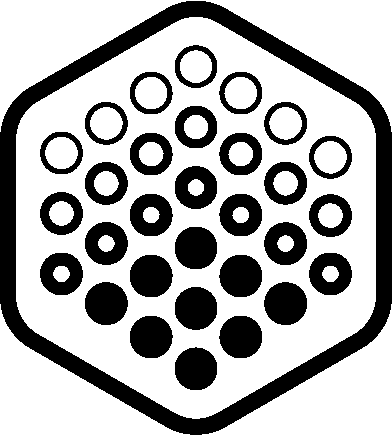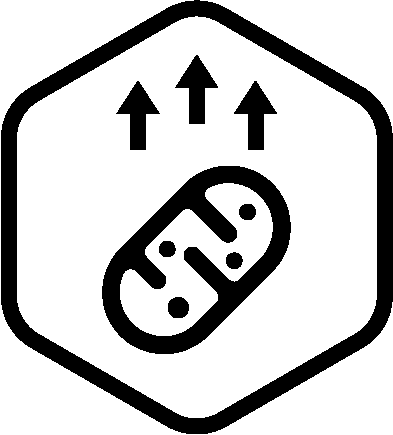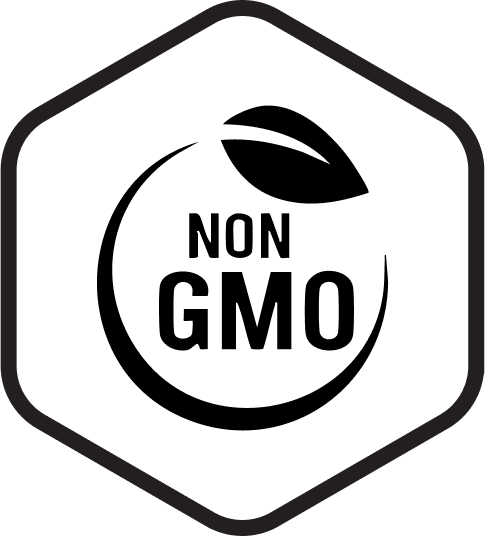Publication Date:
2018-10-02
Institutions involved:
- University of Naples Federico II, Department of Pharmacy
- University of Salerno, Department of Pharmacy & Drug Discovery Program
- Institut de Biologie Moléculaire des Plantes, CNRS, Université de Strasbourg
- University of Naples Federico II, Department of Clinical Medicine and Surgery
Participants:
Male mice, treated with apple polyphenol extract foam, or placebo
Duration:
4 weeks, twice weekly topical treatment
Dosage:
Cosmetic foam containing 6% apple polyphenol extract
Learn more
Try Apple Poly Now
Key Takeaways:
Topical treatment with procyanidin B2-rich apple extract re-programmed follicles for higher energy production and increased keratin synthesis.
This breakthrough treatment energizes hair cells from within, stimulating growth through mitochondrial renewal instead of just suppressing hormones.
In just a few weeks, the follicles began producing more keratin while staying healthy and energized—laying the foundation for a fuller, stronger head of hair.
Apple Poly Summary:
Why Is This Study Important? This 2018 study uncovers the molecular mechanism behind apple polyphenols’ ability to stimulate keratin production in hair follicles. Using high-resolution metabolomics, researchers show that the apple extract reprograms follicular metabolism— shifting energy production toward mitochondrial respiration and sparing amino acids for keratin synthesis. It provides a mechanistic foundation for the clinical effects observed in earlier human trials and supports the therapeutic potential of apple-derived compounds in hair restoration.
You should know: Human clinical trials, everybody's favorite, show whether apple polyphenols increase hair growth. They do. Studies in mice, like this one, help us understand how and why they work.
In Plain English: Scientists treated mice with a foam made from a special Italian apple extract, rich in certain compounds previously identified to increase hair growth. It changed how their hair follicles worked—boosting energy, saving protein, and helping them grow stronger hair.
For Medical Professionals: Topical application of Annurca apple polyphenolic extract (AAE) in mice inhibited NADPH-dependent pathways (PPP, glutaminolysis, nucleotide synthesis) while activating mitochondrial respiration and β-oxidation. This metabolic reprogramming preserved amino acids for keratin biosynthesis, enhancing follicular output. The study provides mechanistic insight into AAE’s trichogenic effects and supports its use as a nutraceutical intervention.
Abstract:
Patterned hair loss (PHL) affects around 50% of the adult population worldwide. The negative impact that this condition exerts on people’s life quality has boosted the appearance of over-the-counter products endowed with hair-promoting activity. Nutraceuticals enriched in polyphenols have been recently shown to promote hair growth and counteract PHL. Malus pumila Miller cv. Annurca is an apple native to Southern Italy presenting one of the highest contents of Procyanidin B2. We have recently shown that oral consumption of Annurca polyphenolic extracts (AAE) stimulates hair growth, hair number, hair weight and keratin content in healthy human subjects. Despite its activity, the analysis of the molecular mechanism behind its hair promoting effect is still partially unclear. In this work we performed an unprecedented metabolite analysis of hair follicles (HFs) in mice topically treated with AAE. The metabolomic profile, based on a high-resolution mass spectrometry approach, revealed that AAE re-programs murine HF metabolism. AAE acts by inhibiting several NADPH dependent reactions. Glutaminolysis, pentose phosphate pathway, glutathione, citrulline and nucleotide synthesis are all halted in vivo by the treatment of HFs with AAE. On the contrary, mitochondrial respiration, β-oxidation and keratin production are stimulated by the treatment with AAE. The metabolic shift induced by AAE spares amino acids from being oxidized, ultimately keeping them available for keratin biosynthesis.
Badolati, Nadia, et al. “Annurca Apple Polyphenols Ignite Keratin Production in Hair Follicles by Inhibiting the Pentose Phosphate Pathway and Amino Acid Oxidation.” Nutrients, vol. 10, no. 10, 2018, p. 1406. https://doi.org/10.3390/nu10101406..
